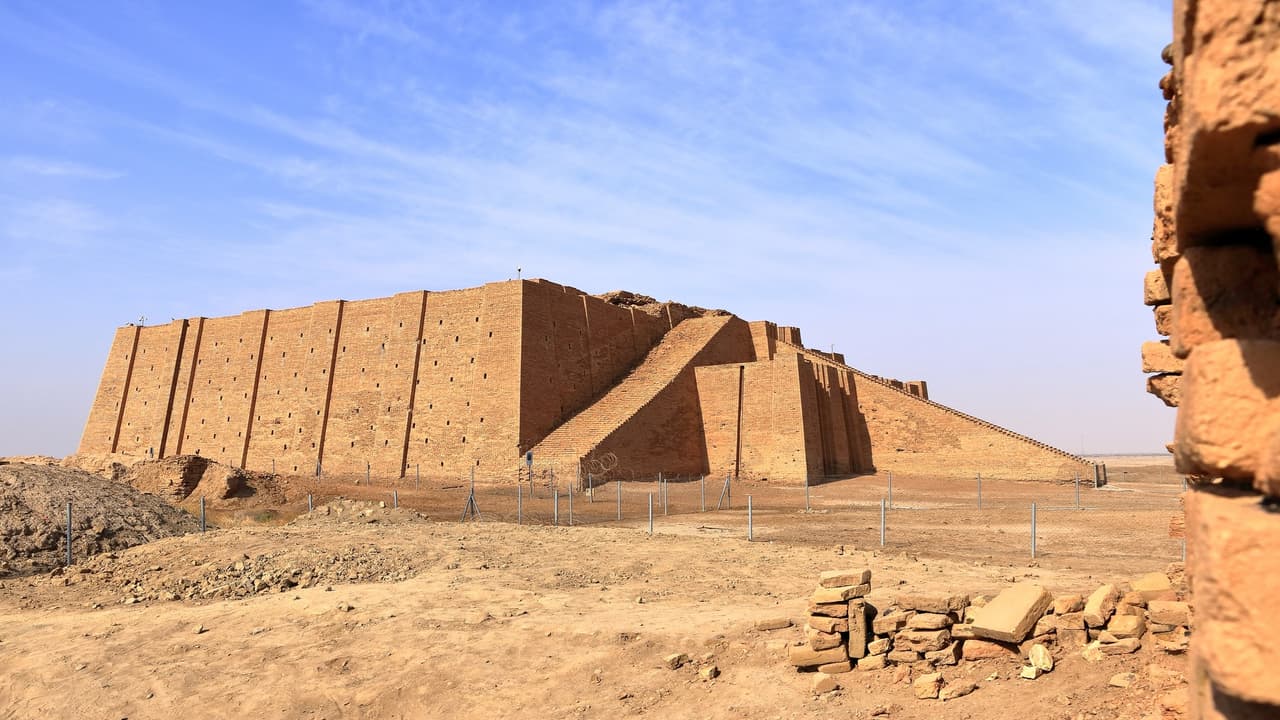Research shows that ancient tides shaped the rise of Sumer, the world’s first civilization. Shifting deltas and tidal rhythms powered early farming, inspired myths, and drove innovation — revealing how nature helped spark humanity’s urban beginnings.
New research reveals that the rise of Sumer, the world’s first urban civilization, was not merely the result of human ingenuity but also the outcome of ancient tides and shifting landscapes. Scientists from the Woods Hole Oceanographic Institution (WHOI) and Clemson University have discovered that the rhythmic tides of ancient Mesopotamia played a vital role in shaping early cities, agriculture, and culture — redefining how civilization itself began.
Water as the Foundation of Civilization
Published in PLOS ONE, the study — Morphodynamic Foundations of Sumer — was led by Liviu Giosan of WHOI and Reed Goodman of Clemson University. Their research challenges the long-standing belief that Sumer’s rise was driven solely by river flooding. Instead, they show that predictable tidal cycles once reached deep into the Mesopotamian plains, providing freshwater and fertile soil that sustained early communities.
“Sumer was literally and culturally built on the rhythms of water,” said Giosan. “Tides and shifting sediments shaped its myths, innovations, and daily life.”
Between 7000 and 5000 years ago, the Persian Gulf extended much farther inland than it does today. Twice daily, tides carried freshwater up the Tigris and Euphrates Rivers, creating natural irrigation channels that early farmers could easily manage. This stable and fertile environment supported the emergence of major Sumerian city-states such as Ur, Uruk, and Lagash, where writing, organized religion, and large-scale farming first flourished.
When the Tides Faded, Innovation Rose
Over time, sediment from rivers built deltas at the head of the Gulf, gradually cutting off tidal access. As tidal waters receded, communities faced drought and declining crop yields. In response, Sumerians engineered complex irrigation and flood-control systems, turning environmental crisis into technological progress. These adaptations fueled Sumer’s “golden age”, when cities expanded, trade networks grew, and social hierarchies became more sophisticated.
Researchers also link Sumer’s deep environmental connection to its mythology — including its flood stories and water deities such as Enki, god of wisdom and freshwater.
Lessons from the Past
By combining geological data, sediment analysis, and satellite imagery, scientists reconstructed Sumer’s lost coastline, revealing how environmental change spurred cultural reinvention.
“The Mesopotamian delta was never still,” said Goodman. “Its shifting landscape demanded cooperation and creativity — the seeds of civilization itself.”
The study reminds us that nature and humanity have always evolved together — and that the challenges of a changing planet can also spark humanity’s greatest leaps forward.
